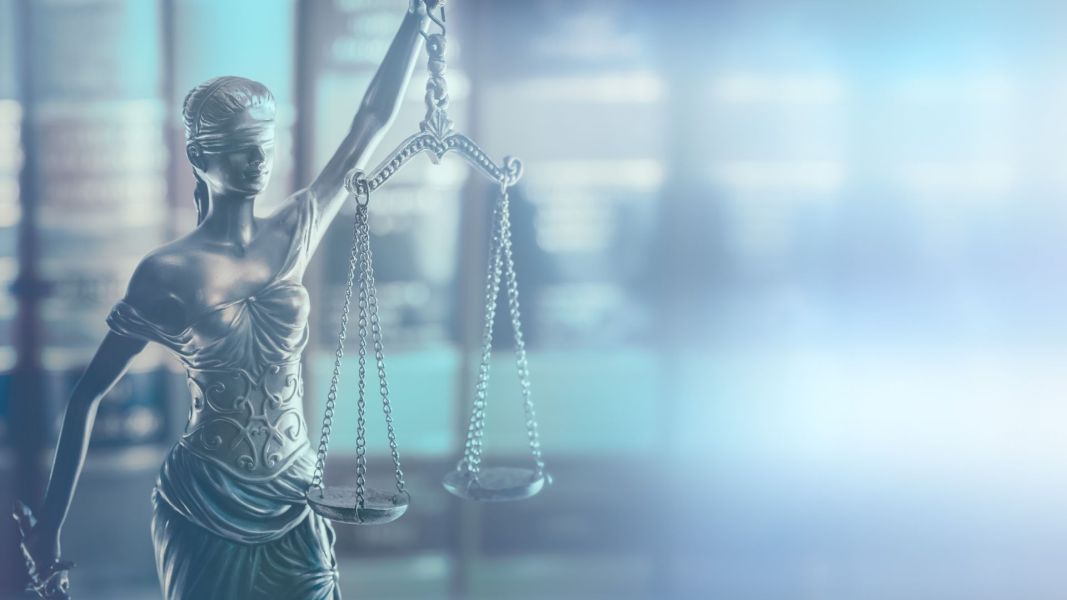Bail decisions are a critical aspect of the criminal justice system, balancing an individual’s right to liberty with the need to ensure public safety and court appearance. Predicting bail violations is a complex task that traditionally relied on subjective judgment. However, the integration of artificial intelligence (AI) and machine learning is revolutionizing the way we assess the risk of defendants violating their bail conditions. In this blog, we will explore how AI and machine learning are playing a pivotal role in predicting bail violations, making the process more data-driven and objective.

Challenges in Predicting Bail Violations
Predicting whether a defendant will comply with their bail conditions or commit new offenses while on bail is a multifaceted challenge. It involves assessing various risk factors, including the defendant’s criminal history, community ties, and personal circumstances. Traditionally, these predictions were made based on the judge’s discretion and limited data analysis.
The Rise of AI and Machine Learning
AI and machine learning have brought data-driven analysis to the forefront of predicting bail violations. These technologies can process vast amounts of data to identify patterns and relationships that may not be evident through traditional methods. Some key ways AI and machine learning are transforming the prediction process include:
- 1. Data Analysis:
AI systems can analyze extensive datasets, including a defendant’s criminal history, prior court appearances, social connections, employment status, and other relevant information. By considering a wide array of factors, AI can provide a more comprehensive risk assessment.
- 2. Predictive Algorithms:
Machine learning algorithms use historical data to identify patterns and relationships that correlate with bail violations. By continuously learning from new data, these algorithms improve their predictive accuracy over time.
- 3. Risk Scoring:
AI models generate risk scores for each defendant, quantifying the likelihood of bail violations. Judges can use these scores as an additional tool to inform their decisions, alongside other factors like the nature of the offense and the defendant’s individual circumstances.
- 4. Identifying High-Risk Cases:
Machine learning can identify high-risk cases more accurately than human judgment alone. This allows judges to focus their attention on cases with a higher likelihood of bail violations, ensuring that resources are allocated more efficiently.
- 5. Early Intervention:
AI and machine learning systems can flag high-risk cases, prompting pretrial services to take appropriate actions, such as increased supervision or support services, to mitigate the risk of violations.
Ethical Considerations and Challenges
While AI and machine learning offer significant potential in predicting bail violations, they are not without challenges:
- 1. Data Bias:
The algorithms used in AI and machine learning are only as good as the data they are trained on. If historical data reflects systemic biases, it can perpetuate these biases in predictive models.
- 2. Transparency:
The inner workings of AI algorithms can be complex and challenging to understand. This lack of transparency raises concerns about how risk scores are calculated and whether they are biased.
- 3. Privacy:
The use of AI in the criminal justice system involves collecting and processing personal data. Protecting defendants’ privacy while using this technology is a critical consideration.
- 4. Accountability:
Determining responsibility when AI systems make incorrect predictions or recommendations is a complex issue that must be addressed.
The Future of Predicting Bail Violations
AI and machine learning are poised to continue playing a significant role in predicting bail violations. As technology evolves, addressing issues related to bias, transparency, and privacy is essential. The future of predicting bail violations may involve a combination of data-driven analysis and human judgment to ensure that bail decisions are fair, just, and in compliance with individual rights. AI and machine learning are valuable tools for enhancing the criminal justice system, but they must be used responsibly and ethically to achieve their full potential.

Founder Dinis Guarda
IntelligentHQ Your New Business Network.
IntelligentHQ is a Business network and an expert source for finance, capital markets and intelligence for thousands of global business professionals, startups, and companies.
We exist at the point of intersection between technology, social media, finance and innovation.
IntelligentHQ leverages innovation and scale of social digital technology, analytics, news, and distribution to create an unparalleled, full digital medium and social business networks spectrum.
IntelligentHQ is working hard, to become a trusted, and indispensable source of business news and analytics, within financial services and its associated supply chains and ecosystems












